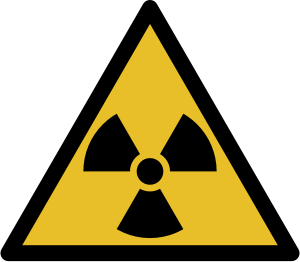 Image via Wikipedia
Image via WikipediaClaiming that this disaster (which now seems to be leaching extremely radioactive water in every direction) proves the safety of nuclear energy is quite simply absurd. First of all, it is premature since the extent of the damage is yet unknown and the disaster is by no means over. Furthermore, it grossly downplays the role that luck had to play in the narrow avoidance of a meltdown (not to diminish in any way the hard work of those involved in containing the disaster). As Elizabeth Kolbert argued quite elegantly in "The Nuclear Risk," The New Yorker, March 28 2011, the simple fact is that nuclear energy generation has never been as safe as we have been pretending. In reality, we have been extremely lucky so far, and we are ourselves only one or two natural disasters away from a nuclear catastrophe of horrific proportions. Amory Lovins, co-founder of the Rocky Mountain Institute, provides an excellent case against nuclear energy in this guest post on Green Tech Media, focusing on safety as well as financial feasibility.
Even setting aside the safety argument, however, nuclear energy does not make sense on a purely carbon emissions basis either. First off, nuclear is not carbon neutral: all nuclear power plants must be backed up by another form of generation, because they require backup power to avoid a meltdown during any generation downtime. The embodied energy in a plant is also significant, and is many times more than wind generation. Still, considering only these factors the carbon emissions per kwh are minuscule compared to coal based plants.
But there is one simple fact that really shoots the net carbon emissions of nuclear energy through the roof: nuclear waste is a powerful weapon. My father in law was the first to point out to me that military organizations around the world burn massive amounts of fuel in their efforts to secure nuclear waste and track down any waste which has evaded security efforts. In any honest assessment of the greenhouse gas emissions of nuclear energy, we must consider at least some portion of the emissions of the military. When one considers that the US military alone burns about 395,000 barrels of oil every single day moving people and materiel around the globe (and the number one thing by weight that they move is more fuel), that contribution is clearly significant.
Ultimately, nuclear energy is not a good solution, short term or long term, to climate change. The risk to human health in the form of potential radiation and weaponization is always downplayed by nuclear advocates, and the carbon footprint is never accounted for properly. None of the arguments for investing in nuclear energy will stand up to rigorous scrutiny.
